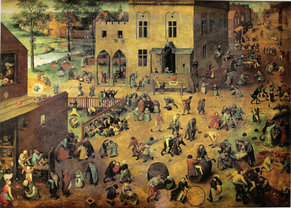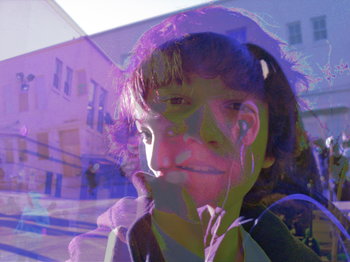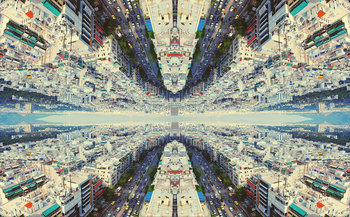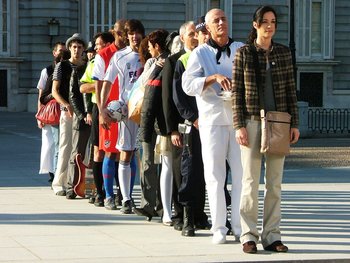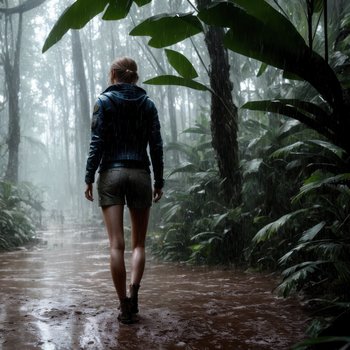|
| |
Complex things include features of nature, systems, chaotic processes, self-organizing processes, human behavior and technology. Complexity is the amount of information that it would take to describe something precisely and accurately. Although people think of technology as being complex, natural things are typically far more complex as are systems such as ecosystems or societies. It could be argued that a single human cell is far more complex than anything designed by humans. The following are common complex things.Artificial intelligence | Biotechnology | Cells | Chaos – the ability of small parts to change the future of complex systems | Cities | Climate | Communication systems | Communities | Cryptography | Cultures | DNA | Economies | Ecosystems | Flocking and swarming behavior | Fractals such as snowflakes | Galaxies | Healthcare systems | Human behavior | Human cells | Languages | Nanotechnology | Politics | Quantum computing | Robotics | Societies | Software | Space stations | Spacecraft | Stock markets | The Universe | The elephant brain | The human brain | The human eye | The internet | Transportation networks | Weather systems |
Complexity
This is the complete list of articles we have written about complexity.
If you enjoyed this page, please consider bookmarking Simplicable.
ReferencesHerculano-Houzel, Suzana, et al. "The elephant brain in numbers." Frontiers in neuroanatomy 8 (2014): 46.
© 2010-2023 Simplicable. All Rights Reserved. Reproduction of materials found on this site, in any form, without explicit permission is prohibited.
View credits & copyrights or citation information for this page.
|


